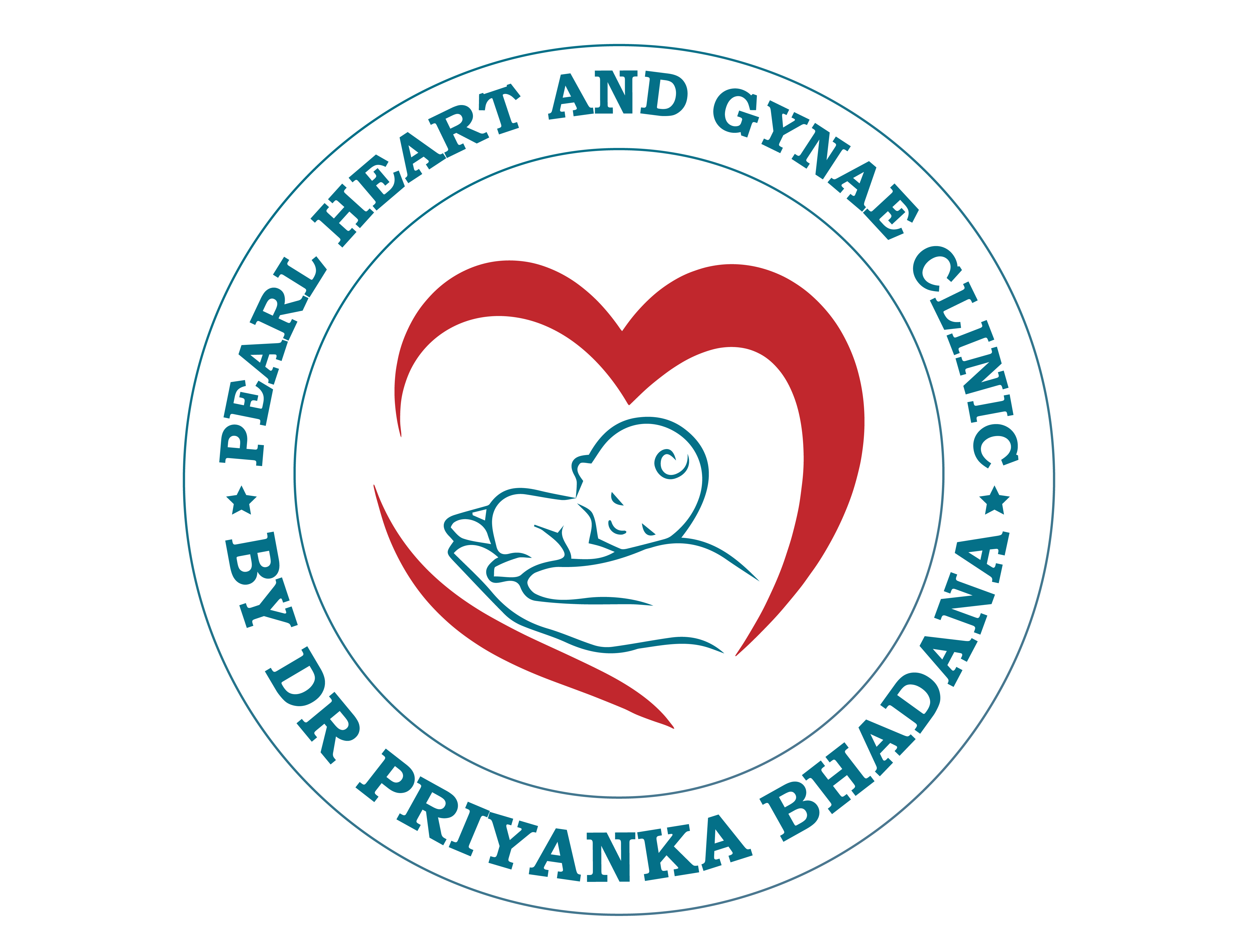Gone are the days, when women were asked to get married at age of 18 – 22 years and were pressurized to complete their family by 24-26 years of age. Nowadays, most of the women are not ready to start due to social and economic reasons.
Eggs freezing comes as a boon and most suitable option for these females who are advancing in age and their biological clocks are ticking.
It is not true that Women who freeze their eggs have chosen their career over children because it can be medical or social reason behind it. Many women choose to freeze their eggs due to a medical diagnosis, such as cancer. Others choose to freeze because of they do not believe that they have the right environment to have a child, for example, due to financial constraints, not having a partner or where there are other commitments to be balanced. There are lots of different reasons and every person approaches egg freezing with a unique perspective.
It is not true that Women who freeze their eggs have chosen their career over children because it can be medical or social reason behind it. Many women choose to freeze their eggs due to a medical diagnosis, such as cancer. Others choose to freeze because of they do not believe that they have the right environment to have a child, for example, due to financial constraints, not having a partner or where there are other commitments to be balanced. There are lots of different reasons and every person approaches egg freezing with a unique perspective.
It is a Myth that Egg freezing is a new procedure, on the contrary, Egg freezing has been around for over 30 years, and the first baby to be born from frozen eggs was born in 1986. Over the last 3 decades the practice has been developed and refined so that it is now much more advanced than previously.
What is the Right age for making decision on EGG CRYOPRESERVATION/ EGG FREEZING ?
To give the best chance of freezing high quality eggs, it is best that egg freezing takes place before a woman reaches 35. This is because egg quantity and quality decreases over time. It is still possible to freeze eggs in the late 30s and early 40s, but these are less likely to be of high enough quality to result in pregnancy.
How it Works?
Women who wish to postpone childbearing due to cancer therapy, advancing age with no male partner or those who wish to postpone having a child to an age over 35 years, should consider egg freezing as an option to protect their future fertility.
What is Egg Freezing?
Egg freezing, technically called oocyte cryopreservation, refers to the process of freezing a woman’s eggs. The eggs are removed from the ovary in an IVF procedure, slow or fast frozen and then stored at below freezing temperatures so that they can be thawed and fertilized at a later date. By taking advantage of egg freezing, you are essentially suspending the ticking of your biological clock.
How Does Egg Freezing Work?
Once you have decided on egg freezing, you will basically go through some of the same initial steps as patient’s that undergo a IVF cycle.
First, you will be given fertility medicines that boost egg production.
Next, when the eggs are mature, using an ultrasound to guide the process, the eggs are extracted from the ovaries with a long needle. This is normally done on an outpatient basis. You will be given sedation and the process is generally not painful.
After the egg and follicular fluid is extracted from the ovaries, the fluid that is removed during the egg retrieval process is poured out into a petri dish and the individual eggs are identified using a microscope, and then withdrawn for freezing.
Eggs are typically vitrified. Vitrification is a fast freezing process. Some Infertility Egg Freezing Centre’s use the “slow freeze” method to cryopreserve eggs.
When you are ready to try to get pregnant(in the future), your eggs are thawed, injected with a single sperm and then after a few days; the fertilized eggs that have resulted in good quality embryos are transferred to your uterus. This is done in the same way as IVF, using a long, thin catheter inserted via the vagina, through the cervix and up to the uterus where they will hopefully attach, implant and grow. It’s important to remember that not all good quality eggs survive the freeze and thaw process.
Egg freezing is an increasingly popular way for women to delay having a baby until a time of their choosing.
Egg Freezing Side Effect
As with every decision, though, some cons must be considered along with the pros.
- First, nothing is guaranteed.
- You have to take fertility drugs.
- You have to undergo in vitro fertilization (IVF) when you want a baby.
- You may have to pay out of pocket.
- Some women have side effects like Bloating, Weight gain, Headaches, Changes in sleep, Mood swings, OHSS due to medications.
But Egg freezing lets you relax.
Freezing your eggs does not hurt your fertility, but there can be side effects. The risks you need to be most mindful of are laid out by your fertility specialist before treatment starts
For most women, there are usually no significant risks of long-term effects with egg freezing, but everyone is impacted differently. Be sure to go over all possible risks and alternatives with your provider, and don’t be afraid to ask questions. If you’re ready to start your egg freezing journey, or if you would like more information, contact Dr Priyanka bhadana today.
